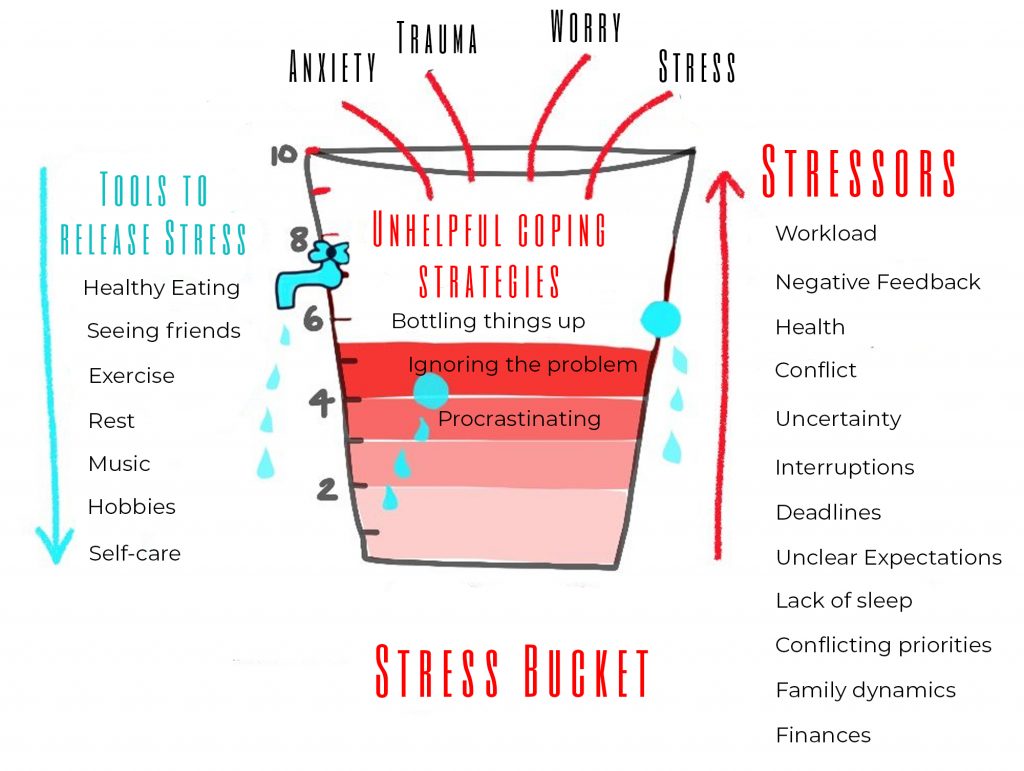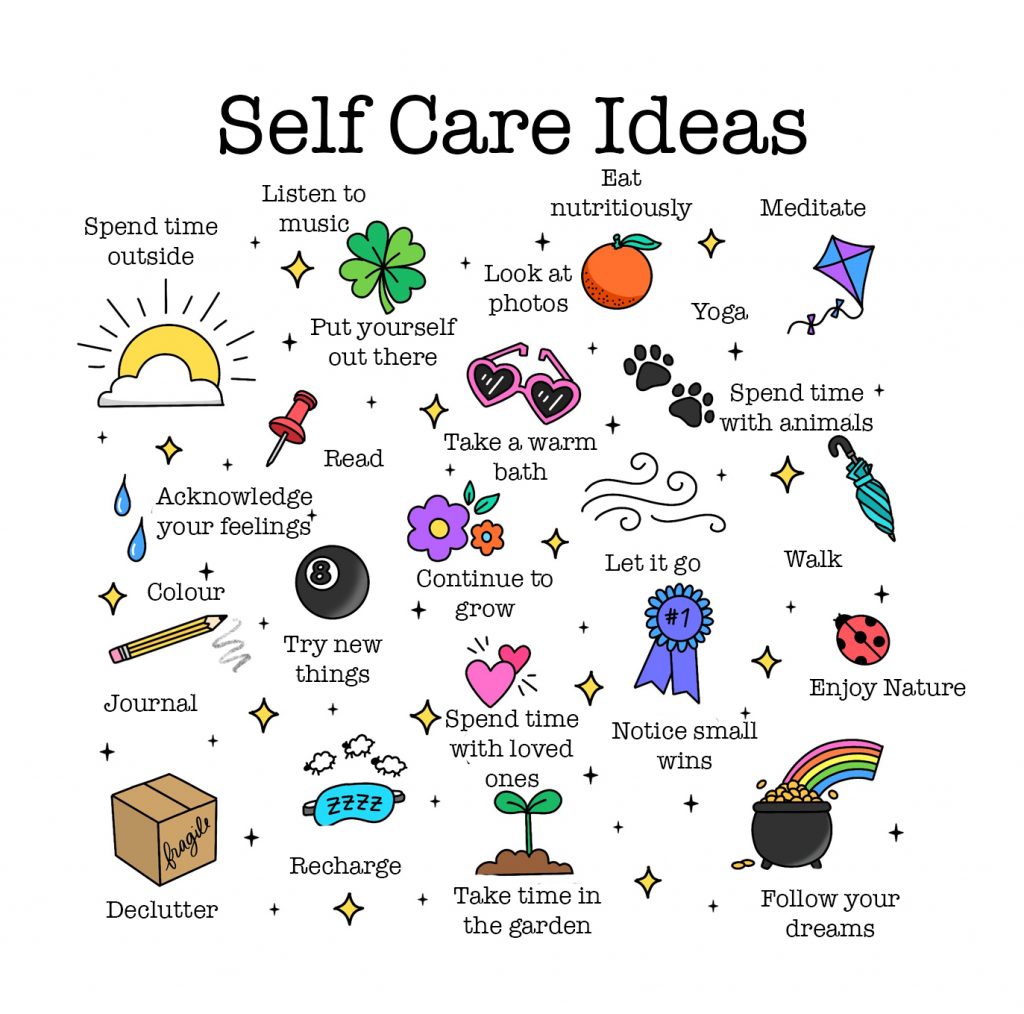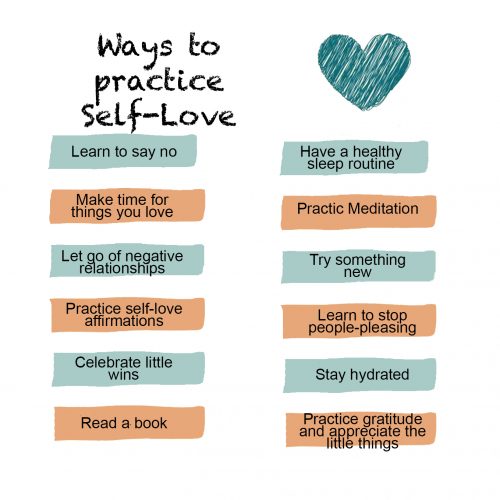Mental Health
A Counsellor's Guide to Managing Life's Stressors

Life can present us with a multitude of stressors, from work pressures to personal challenges, and as a counsellor, it’s crucial to learn to take care of our own wellbeing and manage our stress bucket.
In this blog post, we’ll explore effective stress management techniques, including the concept of the stress bucket model, to assist you in navigating the ups and downs of your personal life.
Understanding the Stress Bucket Model
Imagine your mind as a bucket, and stressors as drops of water filling that bucket.
Each stressor, whether it’s a minor inconvenience or a major life event, adds to the water level in your bucket. Just like a bucket can only hold so much water before overflowing.
Your mind can only handle so much stress before reaching a breaking point.

Identifying your stressors
As a counsellor, it’s vital to identify the specific stressors in your life, whether that is within the therapy room, or as part of self-care.
Reflect on the various aspects of your work and personal life that contribute to your stress levels.
Are there certain people in your life that are particularly stressful? Are there external factors, such as workload or time constraints, that add to your stress? By pinpointing these stressors, you can better address them and develop effective coping strategies.

Some stress factors might be:
Finances, family challenges, work, parental stress, bereavement, health stress, experiencing discrimination or bullying. This is not an extensive list, but some common stressors.
Establishing Healthy Boundaries
Setting boundaries is essential for maintaining your well-being. It’s important to determine between your professional responsibilities and personal life.
Allocate time for self-care, leisure activities, and spending time with loved ones. Learning to say no when necessary and prioritising your own needs are essential aspects of boundary-setting.
Prioritise self-care practices that replenish your physical, emotional, and spiritual energy. Whether it’s engaging in mindfulness activities, practising relaxation techniques, or pursuing hobbies and interests, make time for activities that bring you joy and rejuvenation. Remember that self-care is not selfish but essential for sustaining your effectiveness in your personal and professional life.
Self-care is about trying different things to find what works for you.

Practising Self-Compassion
It is important to extend that compassion to yourself.
Recognise that you’re only human and that it’s okay to have limitations and make mistakes. Cultivate self-compassion by treating yourself with kindness and understanding, especially during times of stress.

Emptying your stress bucket
Just as it’s important to prevent your stress bucket from overflowing, it’s also crucial to empty it regularly.
Find healthy ways to release stress and tension, such as through exercise, creative expression, or spending time in nature. Regularly engaging in activities that promote relaxation and well-being can help prevent burnout and promote resilience.
Seeking Professional Support
If you find yourself constantly overwhelmed by stress, don’t hesitate to seek professional support.
It’s okay to ask for help when you need it, and speaking with a mental health professional can provide you with additional tools and strategies for managing stress effectively.
In conclusion, it’s important to prioritise your own well-being and implement effective stress management techniques.
By understanding the stress bucket model and incorporating strategies such as setting boundaries, practising self-compassion, and engaging in regular self-care, you can navigate life’s stressors with resilience and balance. Remember that taking care of yourself enables you to better support others on their journey towards healing and growth.



